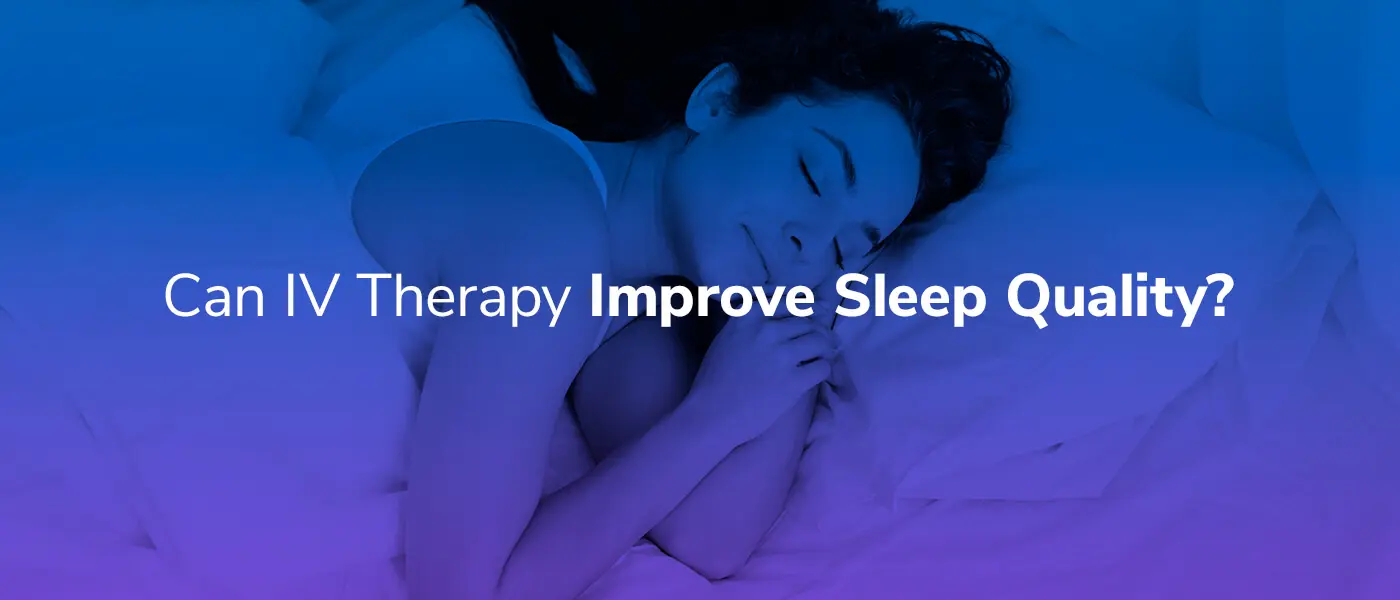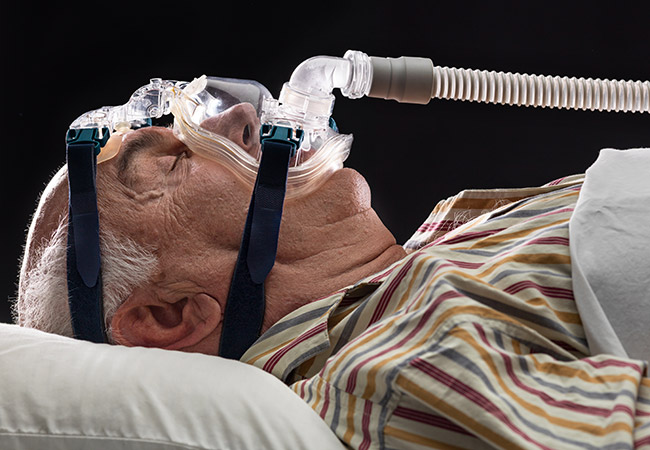Cutting-edge Insomnia Solutions - Locate What Functions for You
Cutting-edge Insomnia Solutions - Locate What Functions for You
Blog Article
Efficient Treatment Solutions for Taking Care Of Rest Disorders and Enhancing Peaceful Sleep
In the realm of medical care, the administration of rest problems and the quest for peaceful sleep are critical elements of total wellness. As we browse the intricate landscape of sleep problems and seek to enhance our sleep experience, a deeper understanding of these treatment solutions may hold the secret to unlocking a more relaxing and meeting restorative journey.
Cognitive Behavior Modification for Sleep Problems (CBT-I)
Cognitive Behavior Modification for Insomnia (CBT-I) is a structured, evidence-based therapy strategy that concentrates on resolving the underlying factors adding to sleep disruptions. This sort of therapy intends to modify behaviors and thoughts that intensify sleep problems, eventually promoting healthy sleep patterns. CBT-I commonly involves several key elements, consisting of cognitive treatment, rest constraint, stimulus control, and rest health education and learning.
Cognitive therapy aids people determine and change adverse idea patterns and ideas regarding sleep that may be hindering their ability to drop or remain asleep. Rest limitation includes limiting the amount of time spent in bed to match the individual's real sleep period, therefore raising rest performance (insomnia solutions). Stimulation control methods help develop a strong association between the bed and sleep by urging individuals to go to bed only when drowsy and to avoid engaging in stimulating tasks in bed
Furthermore, sleep health education concentrates on developing healthy and balanced sleep habits, such as keeping a consistent rest schedule, developing a relaxing going to bed routine, and maximizing the sleep setting. By resolving these aspects comprehensively, CBT-I provides an efficient non-pharmacological intervention for handling sleeping disorders and improving total sleep high quality.
Sleep Health Practices
Having developed the structure of cognitive restructuring and behavior adjustments in addressing sleeplessness with Cognitive Behavioral Therapy for Sleeplessness (CBT-I), the emphasis currently changes towards discovering necessary Rest Hygiene Practices for preserving ideal rest top quality and total health.
Sleep health practices include an array of behaviors and environmental aspects that can considerably influence one's capacity to drop off to sleep and stay asleep throughout the night. Constant rest and wake times, producing a relaxing going to bed regimen, and optimizing the rest environment by keeping it dark, peaceful, and cool are vital components of good sleep hygiene. Limiting direct exposure to screens prior to going to bed, avoiding stimulants like caffeine near bedtime, and participating in regular physical activity throughout the day can also promote better sleep quality.
Furthermore, exercising leisure methods such as deep breathing exercises or reflection prior to bed can assist calm the mind and prepare the body for rest. By incorporating these rest hygiene practices right into one's day-to-day regimen, people can establish a healthy rest pattern that sustains relaxing rest and general well-being.
Leisure Methods and Mindfulness
Executing relaxation strategies and mindfulness methods can play a pivotal role in cultivating a sense of calm and advertising high quality sleep. sleep disorder treatment. These strategies intend to quiet the mind, minimize tension, and produce an optimal setting for restful rest. One widely exercised method is deep breathing workouts, where people concentrate on sluggish, deep breaths to loosen up the body and mind. Modern muscle mass relaxation entails tensing and then releasing each muscular tissue group, promoting physical leisure. In addition, assisted images can help transfer people to a relaxed area in their minds, aiding in stress decrease and boosting rest quality.
Mindfulness methods, such as reflection and yoga exercise, are additionally reliable in advertising leisure and improving sleep. Mindfulness encourages people to stay existing in the moment, letting go of bother with the past or future. By including these practices right into a bedtime routine, individuals can signify to their bodies that it is time to prepare and take a break for sleep. Overall, integrating leisure techniques and mindfulness methods can dramatically add to handling rest problems and improving general rest top quality.

Medicine Options for Rest Disorders
After discovering relaxation techniques and mindfulness techniques as non-pharmacological interventions for improving rest top quality, it is important to think about medicine options for individuals with rest disorders. In cases where way of living adjustments and treatment do not provide adequate alleviation, medicine can be a useful device in managing sleep disturbances.
Generally suggested medications for sleep disorders consist of benzodiazepines, non-benzodiazepine hypnotics, antidepressants, and melatonin receptor agonists. Benzodiazepines, such as diazepam, are sedatives that can aid induce sleep, but they are usually suggested for short-term use because of the risk of dependence. Non-benzodiazepine hypnotics like zolpidem are also utilized to treat sleeping disorders and have a lower danger of dependancy compared to benzodiazepines. Antidepressants, such as trazodone, can be helpful for individuals with co-occurring depression and sleep disturbances. rbd treatment Melatonin receptor agonists, like ramelteon, target the body's all-natural sleep-wake cycle and can be handy for controling sleep patterns.
It is crucial for individuals to seek advice from a medical care supplier to determine the most proper medication choice based on their specific sleep problem and case history.
Light Treatment for Circadian Rhythm Law
Light therapy, likewise known as photo-therapy, is a non-invasive treatment technique utilized to regulate body clocks and boost sleep-wake cycles. This therapy involves direct exposure to intense light that simulates all-natural sunlight, which helps to reset the body's body clock. By revealing individuals to details wavelengths of light, commonly in the morning or night depending upon the preferred effect, light treatment can successfully readjust the body clock to promote wakefulness during the day and boost restful sleep in the evening.
Research has revealed that light treatment can be particularly beneficial for individuals with body clock disorders, such as delayed sleep stage syndrome or jet lag. It can likewise be practical for those experiencing seasonal affective problem (SAD), a kind of clinical depression that commonly look at this now occurs during the cold weather when all-natural light direct exposure is decreased. Light treatment is usually well-tolerated and can be made use of together with various other therapy early morning awakening depression approaches for rest problems to maximize outcomes and improve total sleep quality.
Conclusion
Finally, effective therapy remedies for taking care of sleep conditions and enhancing restful rest include Cognitive Behavior modification for Sleeplessness (CBT-I), sleep hygiene practices, relaxation techniques and mindfulness, drug alternatives, and light treatment for body clock law. These methods can assist individuals enhance their sleep top quality and total health. It is very important to seek advice from with a health care provider to identify the most suitable technique for attending to sleep problems.
As we navigate the detailed landscape of sleep conditions and look for to boost our sleep experience, a deeper understanding of these treatment options may hold the trick to unlocking a more relaxing and satisfying restorative journey.
Rest limitation involves restricting the amount of time invested in bed to match the person's actual rest duration, consequently enhancing rest efficiency. Regular rest and wake times, producing a relaxing bedtime regimen, and optimizing the sleep environment by maintaining it dark, silent, and cool are critical elements of good sleep health. Light therapy is typically well-tolerated and can be used in combination with other therapy techniques for sleep conditions to maximize outcomes and boost general rest quality.

Report this page